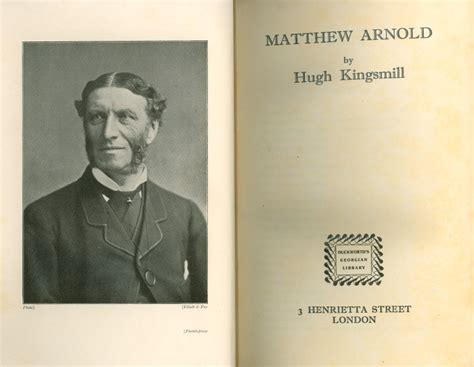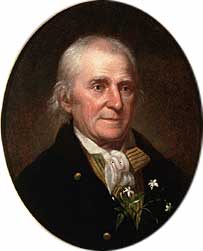A Quote by Samuel Taylor Coleridge
The paternal and filial duties discipline the heart, and prepare it for the love of all mankind. The intensity of private attachment encourages, not prevents, universal benevolence.
Related Quotes
The near enemy of love is attachment. Attachment masquerades as love. It says, “I will love this person because I need them.” Or, “I’ll love you if you’ll love me back. I’ll love you, but only if you will be the way I want.” This isn’t love at all - it is attachment - and attachment is rigid, it is very different from love.
The knowledge exists by which universal happiness can be secured; the chief obstacle to its utilization for that purpose is the teaching of religion. Religion prevents our children from having a rational education; religion prevents us from removing the fundamental causes of war; religion prevents us from teaching the ethic of scientific cooperation in place of the old fierce doctrines of sin and punishment. It is possible that mankind is on the threshold of a golden age; but, if so, it will be necessary first to slay the dragon that guards the door, and this dragon is religion.
Just seeing the fact that this is an attachment, that attachment is a bondage - a beautiful word for bondage - that attachment is not love... just seeing the ugliness of attachment - it drops; then arises love. The same energy that was becoming attachment, released from attachment becomes a totally different energy; it becomes love.
The friendliness and charity of our countrymen can always be relied upon to relieve their fellow citizens in misfortune. This has been repeatedly and quite lately demonstrated. Federal aid in such cases encourages the expectation of paternal care on the part of the Government and weakens the sturdiness of our national character, while it prevents the indulgence among our people of that kindly sentiment and conduct which strengthens the bonds of a common brotherhood.
?Drop the idea that attachment and love are one thing. They are enemies. It is attachment that destroys all love. If you feed, if you nourish attachment, love will be destroyed; If you feed and nourish love, attachment will fall away by itself. They are not one; they are two separate entities, and antagonistic to each other.
You ought to love all mankind; nay, every individual of mankind. You ought not to love the individuals of your domestic circles less, but to love those who exist beyond it more. Once make the feelings of confidence and of affection universal, and the distinctions of property and power will vanish; nor are they to be abolished without substituting something equivalent in mischief to them, until all mankind shall acknowledge an entire community of rights.



































